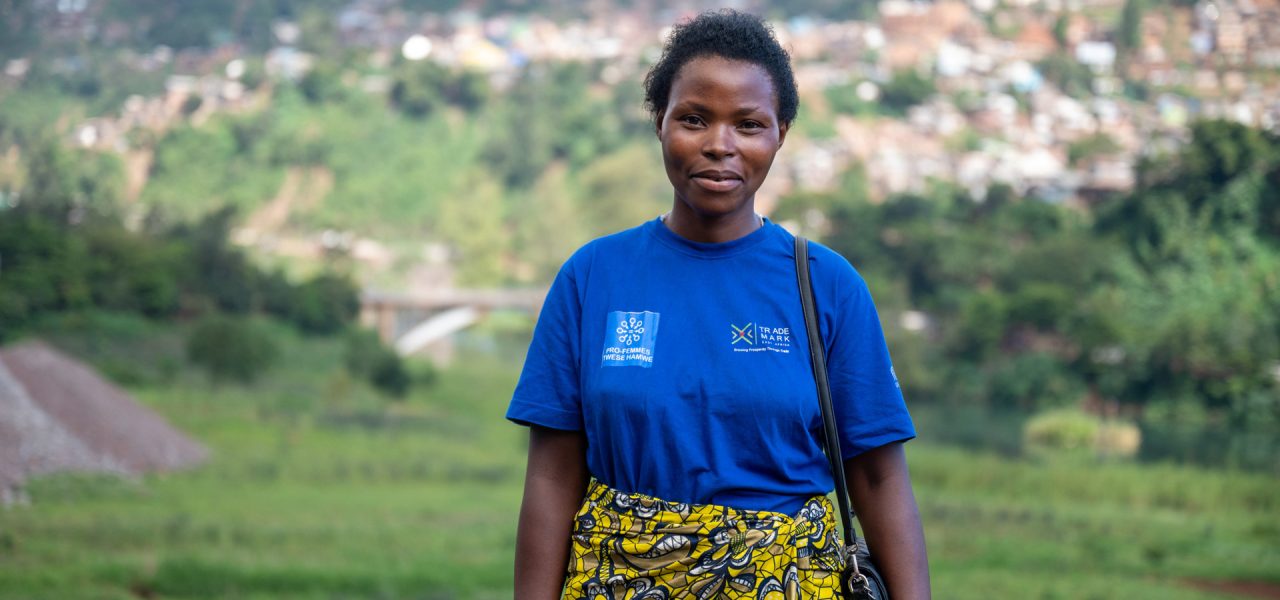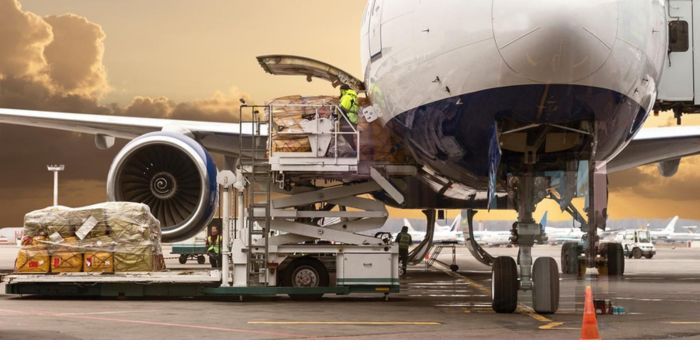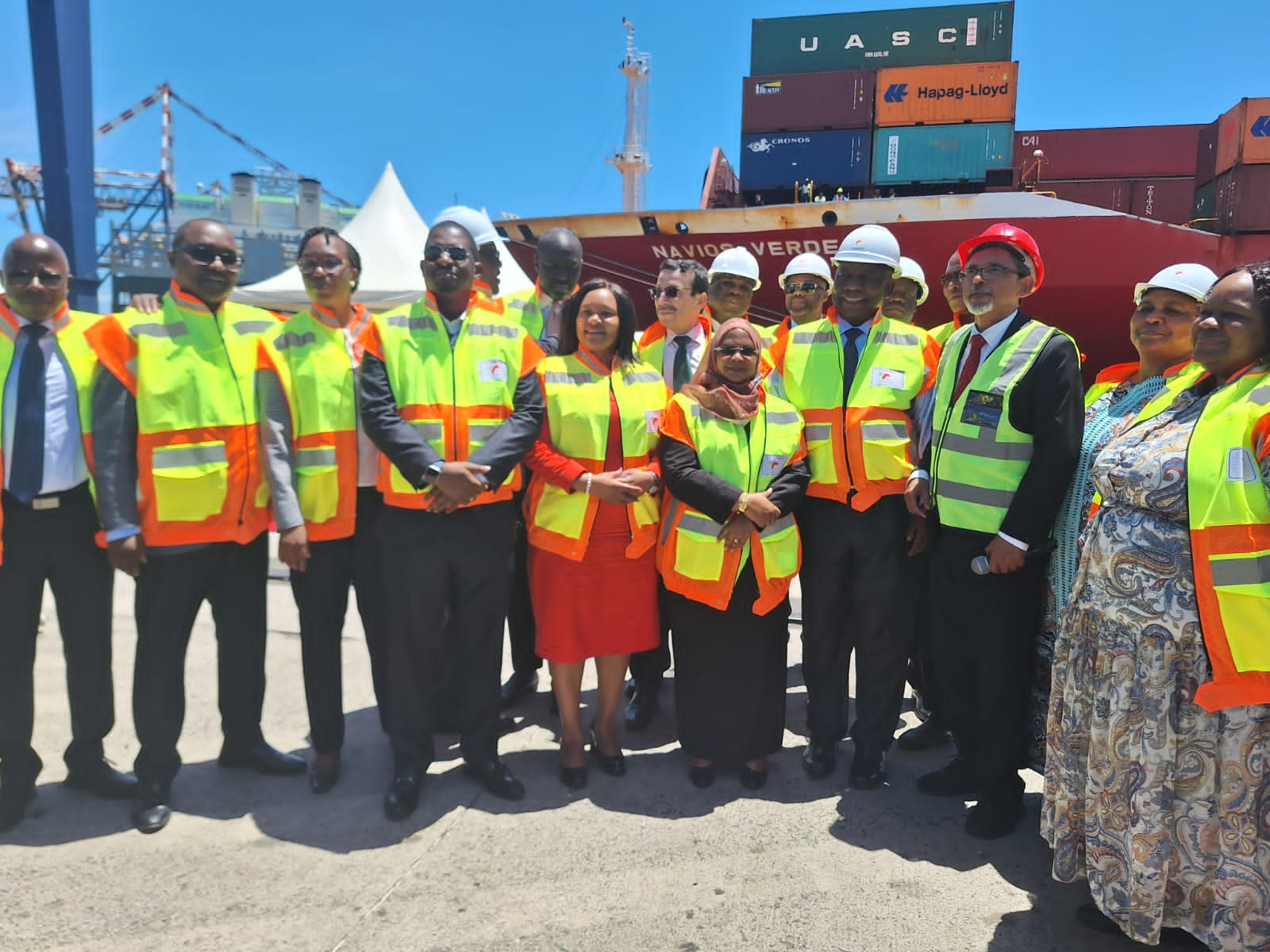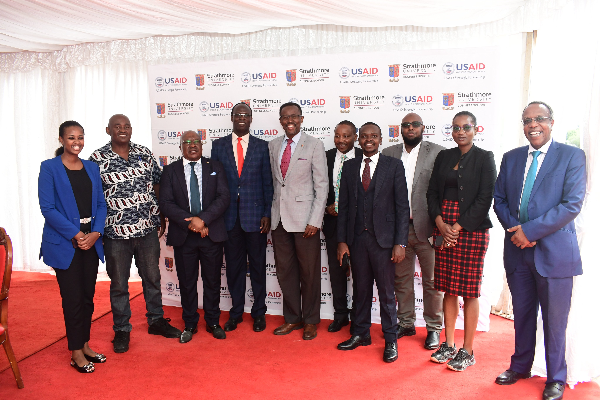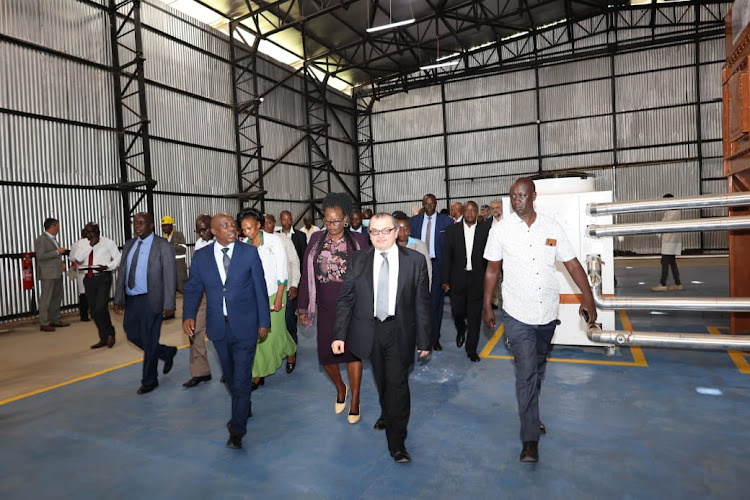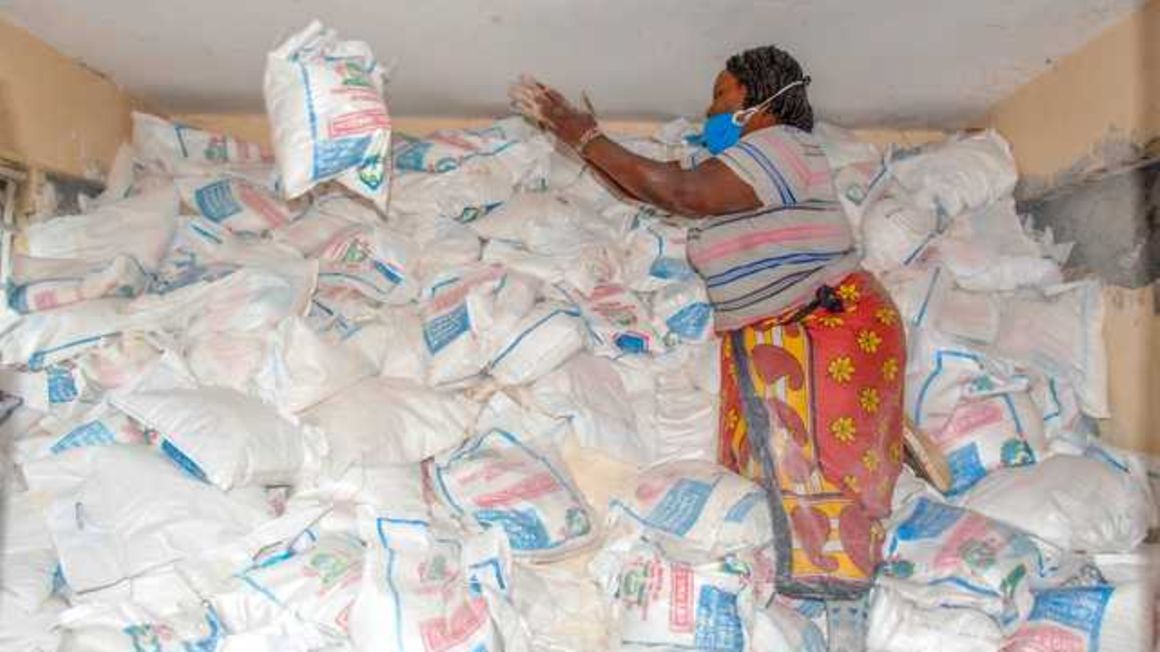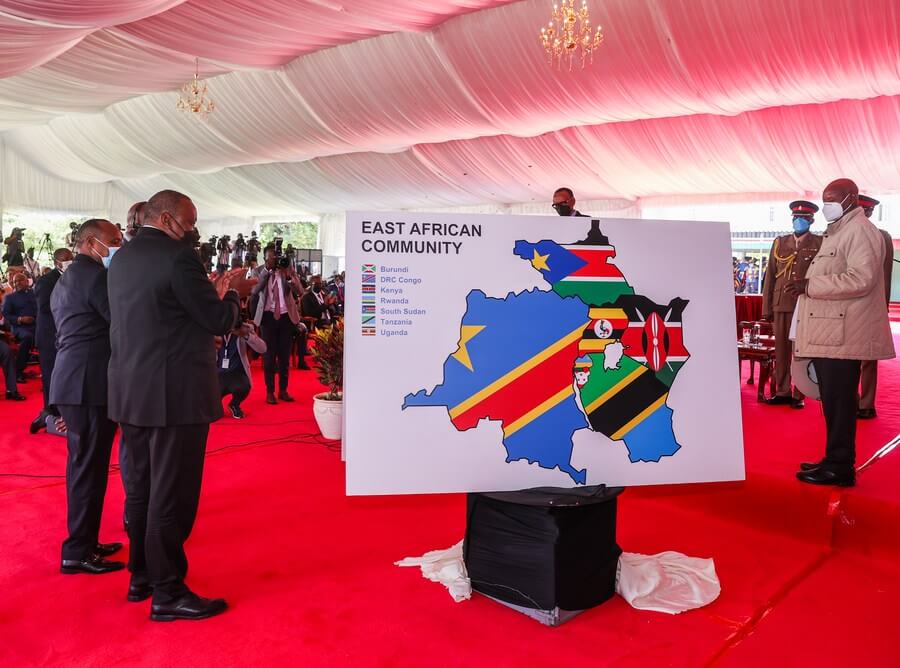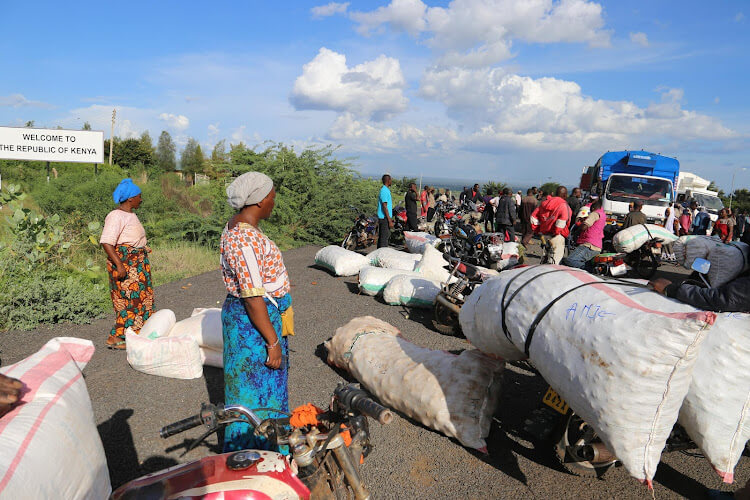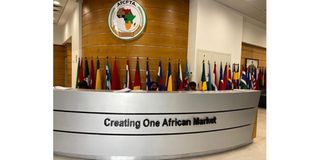For many Rwandan women living near the country’s boundary with the Democratic Republic of the Congo (DRC), cross-border trade is a major part of their livelihoods. For Verena, a mother of five who regularly makes the 10km journey from the Rwandan wholesalers to the Rusizi II border to sell produce, this is her family’s sole source of income. If she is unable to find a truck to transport everything across the border, Verena must carry the produce the last kilometre by herself, which means spending most of the day on the road. “At times we carry products on our heads, which in that case means going back and forth at least three times a day,” Verena tells Robert Kovacs, who visited Rusizi last May with the International Organization for Migration (IOM). Cross-border traders like Verena can expect to make a profit of around 1,000 RFW a day – well below the global poverty line of US$2.15. What’s more, Covid-related restrictions at the border now mean Rwandan traders have to rely on brokers to sell their products in Congolese markets, which can be costly. “Agents often cheat us by lying that they made losses,” says Verena. “Others take products on credit and don’t pay, which exposes us to losses and hurts our trade.” In the face of these challenges, women like Verena who trade across the Rwanda-DRC border have turned to the co-op model for protection, and to pool their resources. For the past three years, the IOM has been working with...
Cross-border traders finding strength in co-operatives
Posted on: February 9, 2024
Posted on: February 9, 2024

